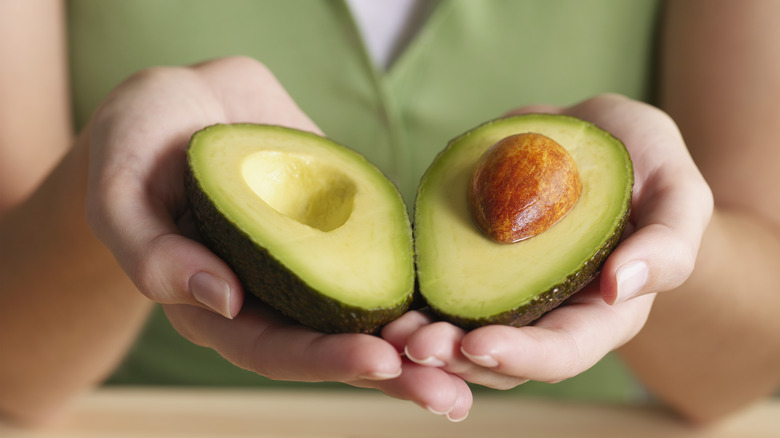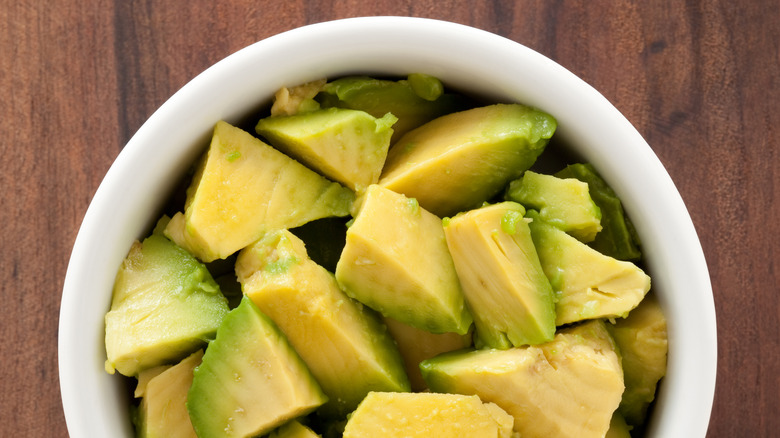
Avocados, native to south-central Mexico and now primarily grown in California, Florida, and Hawaii, can be prepared in both sweet and savory ways. They make excellent additions to salads, smoothies, and morning toast. Whether you’re trying avocado for the first time or have been enjoying this rich, creamy fruit for years, you might wonder what effects it has on your body, particularly on your bowel movements. Avocados contain ingredients that can promote healthy digestion.
To begin, avocados are high in fiber—one cup of cubed avocado contains approximately 10 grams of dietary fiber. Fiber adds bulk to stools and softens them, aiding in healthy bowel movements. Additionally, avocados are a rich source of magnesium (43.5 milligrams in a cup) and potassium (728 milligrams). Magnesium acts as an osmotic laxative, helping to draw water into the stool to soften it, while potassium assists in transmitting signals from your brain to your digestive system.
Other Ways Avocados Can Affect Your Poop and Gut Health

The color of your poop can be influenced by your diet, and avocados are one of the foods that can turn your stools green. Other foods that may cause green stools include leafy greens, matcha, herbs, apples, green grapes, and foods with green coloring.
Avocados are also beneficial for gut health. A 2021 study published in The Journal of Nutrition examined the blood, urine, and fecal samples of 163 overweight but otherwise healthy adults aged 25-45. After a 12-week period where one group consumed avocados daily, researchers found that those who ate avocados had a higher concentration of gut microbes supporting gut health and fiber breakdown, as well as greater microbial diversity. The health of your poop is closely linked to gut health, making avocados a good choice if you’re experiencing constipation.
Beyond digestive benefits, consuming avocados daily can keep you full longer due to their high fiber and healthy fat content. They also aid in the absorption of vitamins A, D, E, and K. The antioxidants in avocados combat inflammation, protect eye health, and may help fight cancer. Saponins in avocados may relieve osteoarthritis symptoms, while folate may alleviate depression, and beta-sitosterol can help maintain healthy cholesterol levels.
How to Include Avocados in Your Diet Without Overdoing It

Despite the benefits for digestive health, it’s important to be mindful of avocado consumption. The fruit is high in fat and calories, which might counteract weight loss goals if consumed excessively.
Avocados are also higher in FODMAPs due to their sorbitol content, which could cause digestive issues such as abdominal discomfort, bloating, and diarrhea in individuals with conditions like irritable bowel syndrome (IBS).
Additionally, the potassium content in avocados might pose a problem for those on blood-thinning medications.
It’s worth noting the possibility of an avocado allergy. Individuals with latex-fruit syndrome or oral-allergy syndrome, or those sensitive to the fruit’s high histamine content, should exercise caution. Plant-based foods like avocado, banana, and kiwifruit can trigger reactions in people with latex-fruit syndrome.
Experts generally recommend consuming half to one whole avocado per day. Avoid adding too many to your smoothies or indulging in a large bowl of guacamole with chips.
Avocados are known for spoiling quickly. Store them whole on your countertop for up to five days, away from other fruits, or refrigerate them in an airtight container if they ripen too fast.




